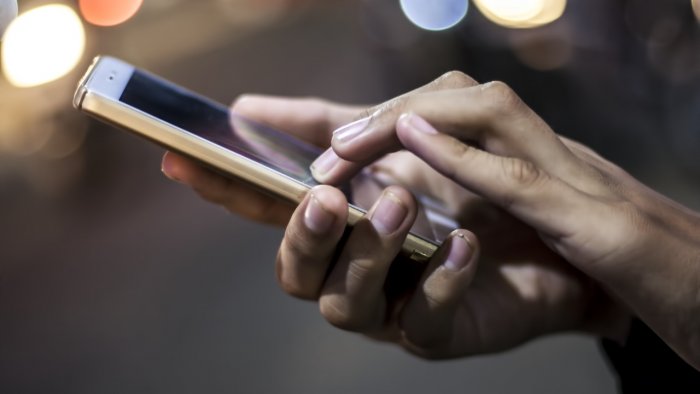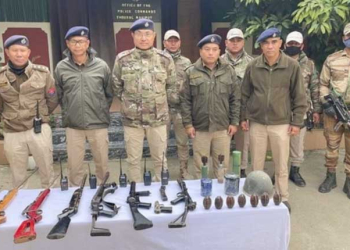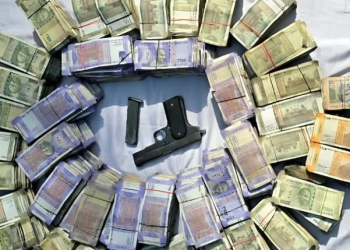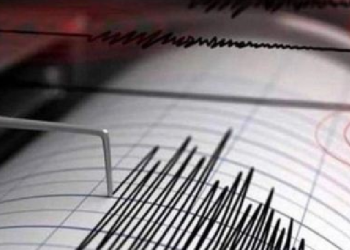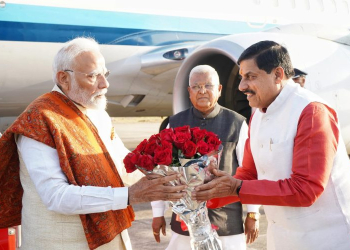New Delhi: In its next step towards ease of doing business, the IT Ministry along with Department of Telecom (DOT) on Saturday announced to exempt mobile phones, smart watches and other widely used electronics products from mandatory testing to avoid regulatory overlap.
The DOT has specified ‘Mandatory Testing and Certification of Telecommunication Equipment (MTCTE)’ for equipment capable of being used for telecommunications.
DOT, in consultation with the Ministry of Electronics and Information Technology (MeitY) has now decided to exempt mobile handsets, servers, smart watches, smart cameras and PoS machines from the ambit of the MTCTE regime.
With increasing convergence of technology, regulatory overlap was noted regarding certain products such as smart watch, smart camera, etc.
It was highlighted that such overlap is a deterrent for timely launch of new products and also increases the compliance cost for the industry.
“The exemptions on these widely used products will reduce the compliance burden and will enable the industry to roll out their products faster. It will reduce import delays,” the IT Minister said in a statement.
Pankaj Mohindroo, Chairman of the India Cellular and Electronics Association (ICEA) told IANS that this exclusion is a measured, calibrated and a well-considered decision.
“It balances consumer interest and ease of doing business issues for the industry. Since these products are already well covered by the stringent CRO (Compulsory Registration Order) of Meity-BIS, the regulatory overlap and duplication has been correctly avoided,” Mohindroo said.
MeitY already carries out compulsory registration of specified goods (such as laptops, wireless keyboards, PoS machines and other electronic equipment) under the ‘Electronics and Information Technology (Requirement for Compulsory Registration) Order, 2012’.
“This regulatory reform shall improve the ease of doing business for electronics manufacturing companies and contribute towards making India a $1 trillion digital economy,” the IT Ministry noted.
(IANS)



